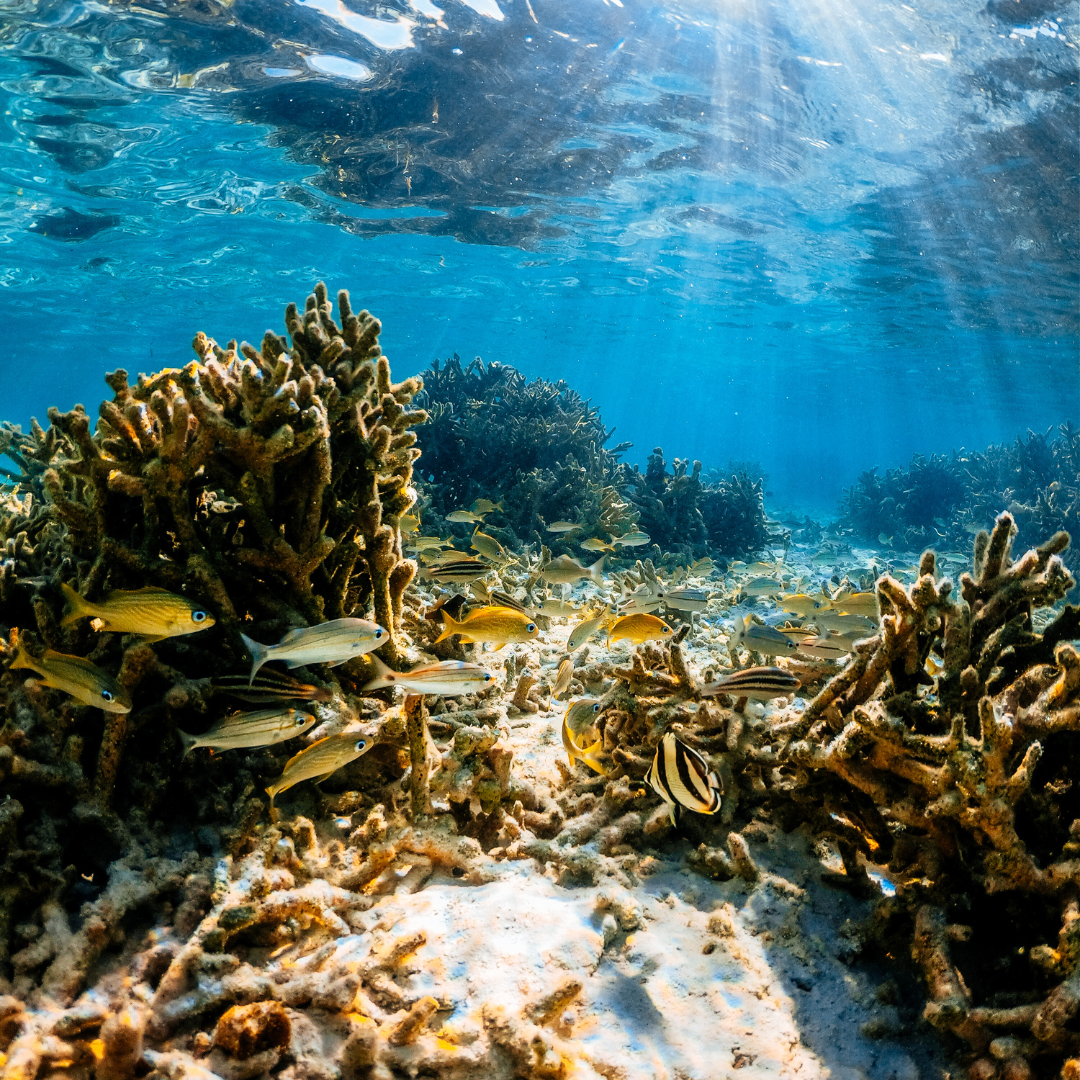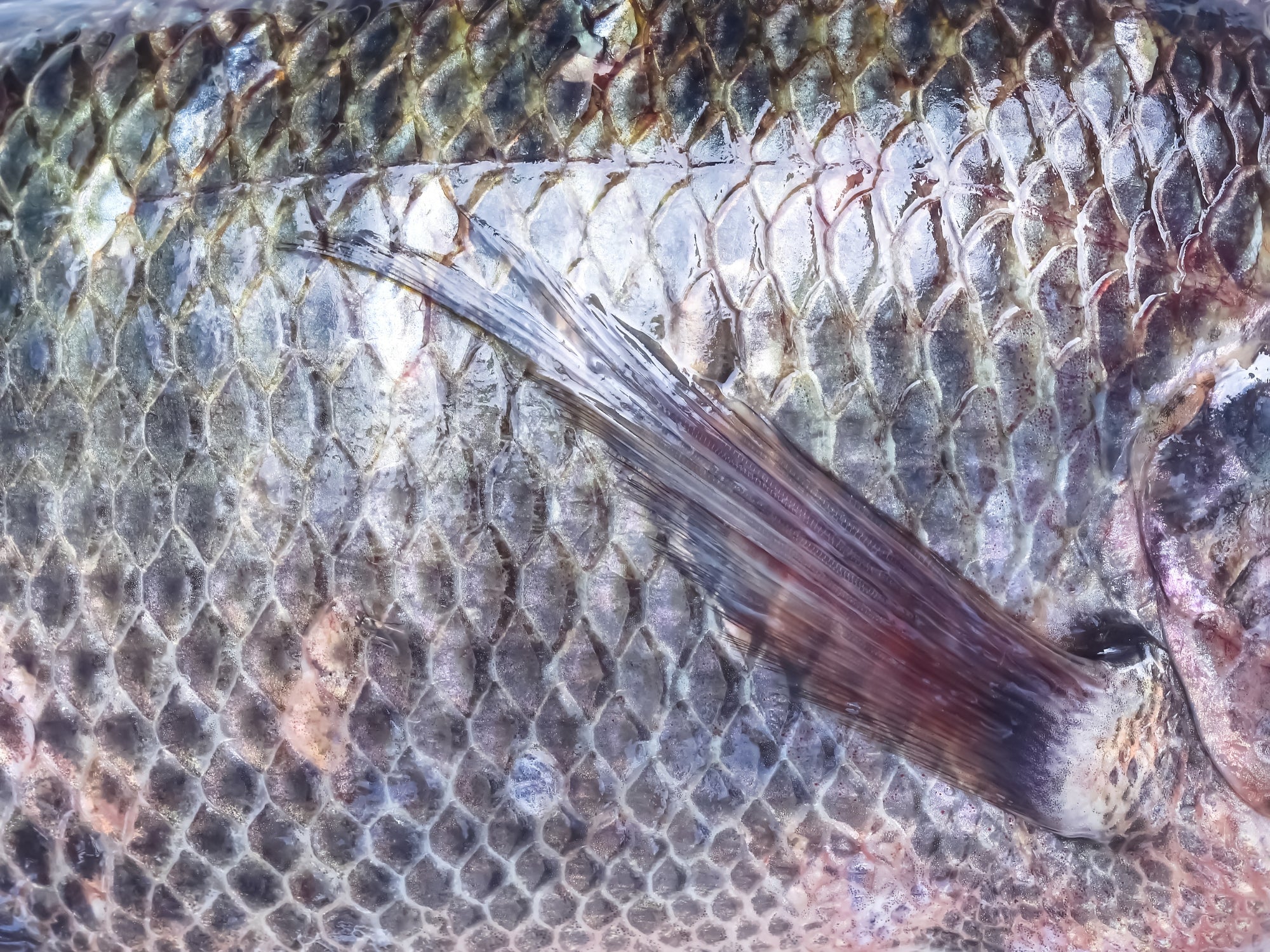There are various reasons that the oceans are suffering, with far-reaching effects that have a knock-on impact for the entire planet - not surprising as oceans cover 70% of the earth’s surface. Most people are not even aware of this, let alone how it can effect their own lives.
THE ISSUES OUR OCEANS FACE
Without a doubt pollution is the biggest concern (albeit not the only one), affecting more than 817 animal species, a figure that has increased by 23% in the last 5 years.
Pollution
Pollution from sources like plastics, chemicals, oil spills, and sewage discharge has contaminated marine environments. By far the most common item collected on beach pickups is cigarette filters! Pollution not only directly harms marine organisms but also disrupts ecosystems and affects the overall health of the oceans.
Overfishing
Overfishing occurs when fish are caught at rates that exceed their ability to reproduce and replenish their populations. This leads to declines in fish stocks, disrupts the balance of marine food chains, and can result in the complete collapse of species. Overfishing harms not only targeted species, but hundreds more caught as bycatch.
Habitat destruction
Activities like coastal development, bottom trawling, and destructive fishing practices, destroy critical marine habitats like coral reefs, seagrass beds, and mangroves. These habitats provide food, shelter, and breeding grounds for countless marine species. Their destruction disrupts ecosystems and reduces biodiversity.
Climate change
Rising global temperatures have significant impacts on the oceans. Increased ocean temperatures contribute to coral bleaching events (where corals expel symbiotic algae), leading to their death. Climate change also causes ocean acidification, altered weather patterns, sea-level rise, and changes in ocean circulation, all of which harm marine life and ecosystems.
Acidification
Increased carbon dioxide (CO2) emissions from human activities are being absorbed by the oceans, leading to ocean acidification. This process decreases the pH of seawater, making it more acidic. Acidification has massive detrimental effects on marine organisms with calcium carbonate shells or skeletons, including corals, shellfish, and some planktonic species.
Harmful algal blooms
Nutrient pollution from agricultural runoff and sewage can fuel the growth of harmful algal blooms (HABs). These blooms can release toxins that harm or kill marine life, create dead zones with low oxygen levels, while damaging ecosystems.
Noise pollution
Again, human activities like shipping, seismic surveys, and military exercises, generate underwater noise pollution. This noise disrupts marine mammals' communication, foraging, navigation, and breeding behaviours, leading to stress, hearing damage, and habitat displacement.
HOW UNHEALTHY OCEANS AFFECT THE ENVIRONMENT
Oceans aren’t just homes to water creatures; they are intrinsically linked to all life on earth. When they suffer, we all suffer.
Oceans also play a crucial role in regulating the earths’ climate. They absorb and store heat from the atmosphere and distribute it through currents, this helps regulate global temperatures. Unhealthy oceans lead to altered climate regulation, potentially leading to more extreme weather events and exacerbating the already changing global climates.
Healthy coastal ecosystems with mangroves, marshes and coral reefs, provide natural protection from storms and erosion and rising sea levels. The destruction of these ecosystems gives way to more destruction as the natural buffer is lost.
Ocean pollution kills more than 1 million sea birds each year, by eating contaminated fish or by being caught and drowning in various forms of pollution.
We too are affected by ingesting contaminated seafood, harmful toxins and chemicals pose serious health risks. Additionally, swimming in polluted waters can expose individuals to pathogens, leading to illnesses like gastrointestinal problems, skin rashes, and respiratory issues.
The economic consequences of ocean pollution are significant. Fishing and tourism industries heavily rely on healthy oceans, and pollution can disrupt these sectors. Declining fish populations harm fishing communities and lead to job losses. Coastal tourism can be adversely affected by polluted beaches and waters, leading to reduced visitor numbers and revenue.
WHAT CAN I DO TO HELP SAVE OUR OCEANS?
To help preserve our oceans on a daily basis, you can adopt several practices and make conscious choices that contribute to their conservation. Here are some actions you can take:
Reduce plastic usage: use reusable and recyclable bags, water bottles, and food containers. Avoid single-use plastics.
Proper waste disposal: Recycle and compost to ensure that your trash doesn't end up in waterways or coastal areas.
Conserve water: The excessive use of freshwater can impact the delicate balance of marine ecosystems. Use water efficiently by fixing leaks, taking shorter showers, and turning off the tap when not in use.
Choose sustainable seafood: Opt for sustainably sourced seafood, download The Southern African Sustainable Seafood Initiative (SASSI) reference guide to help you make environmentally responsible seafood choices.
Cut out or cut down on seafood consumption: If you are not able to eliminate fish and other seafood out of your diet, cutting down on your weekly and monthly consumption goes a long way to support our oceans.
Be mindful of chemical usage: Chemicals from household cleaning products, fertilizers, and pesticides can end up in the oceans through runoff. Use environmentally friendly products or make your own natural cleaners using ingredients like vinegar, lemons and baking soda. In some cases these homemade detergents work better than the chemical store-bought versions.
Support ocean-friendly businesses: Choose companies that have sustainable practices and support initiatives to protect the oceans. This includes avoiding products that contribute to overfishing, habitat destruction, or pollution.
Support organisations and initiatives: Donate or volunteer for organisations working to protect and preserve the oceans. Beach clean-ups are becoming a great team-building exercise for corporates and also a great way to do your part as an individual.
Engage in responsible tourism: If you're planning a beach holiday, choose operators and destinations that prioritise sustainable tourism practices. Respect marine wildlife, follow guidelines for responsible snorkelling/diving, and never participate in activities that harm or exploit marine creatures.
Addressing ocean pollution and over-fishing requires a collective effort, including stricter regulations, improved waste management systems, sustainable practices, and increased public awareness about the importance of marine conservation. By reducing pollution and protecting the oceans, we can help safeguard the health of our planet and future generations. Remember, even small daily actions, taken by one person, can add up to make a significant positive impact on our oceans over time.





